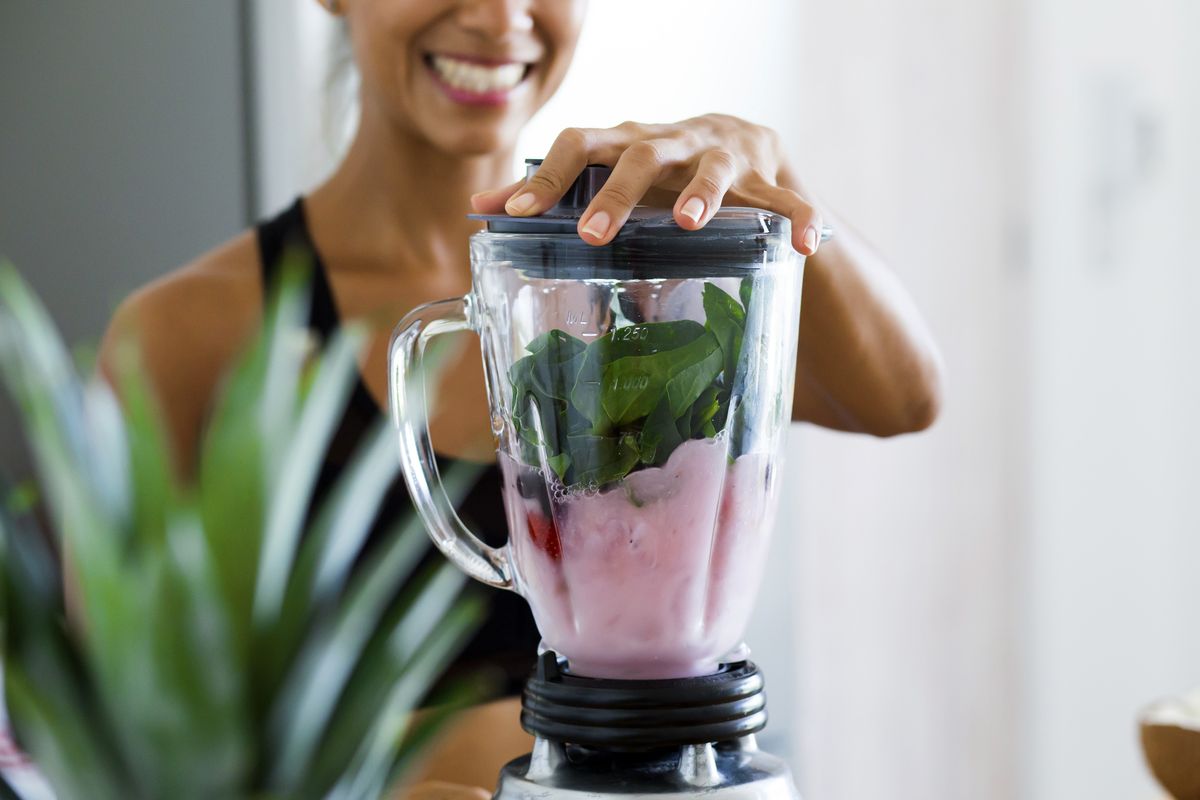Smoothies have become a popular choice for many health-conscious individuals and athletes. Smoothie bars can be found in gyms and natural food stores, while national chains like Jamba Juice, Smoothie King, and Nektar have become ubiquitous. Supermarkets have dedicated end-of-aisle sections overflowing with bottled smoothie products that cater to consumers with a health and wellness mindset.
Smoothies are often marketed as nutritional boosters, healthful meal replacements, diet and detox staples, and muscle recovery aids. However, not all smoothies are created equal, and some may contain more calories and carbs than a chocolate milkshake, leaving many to wonder if smoothies are truly healthy.
Pros and Cons of Smoothies: Are They Really Healthy?
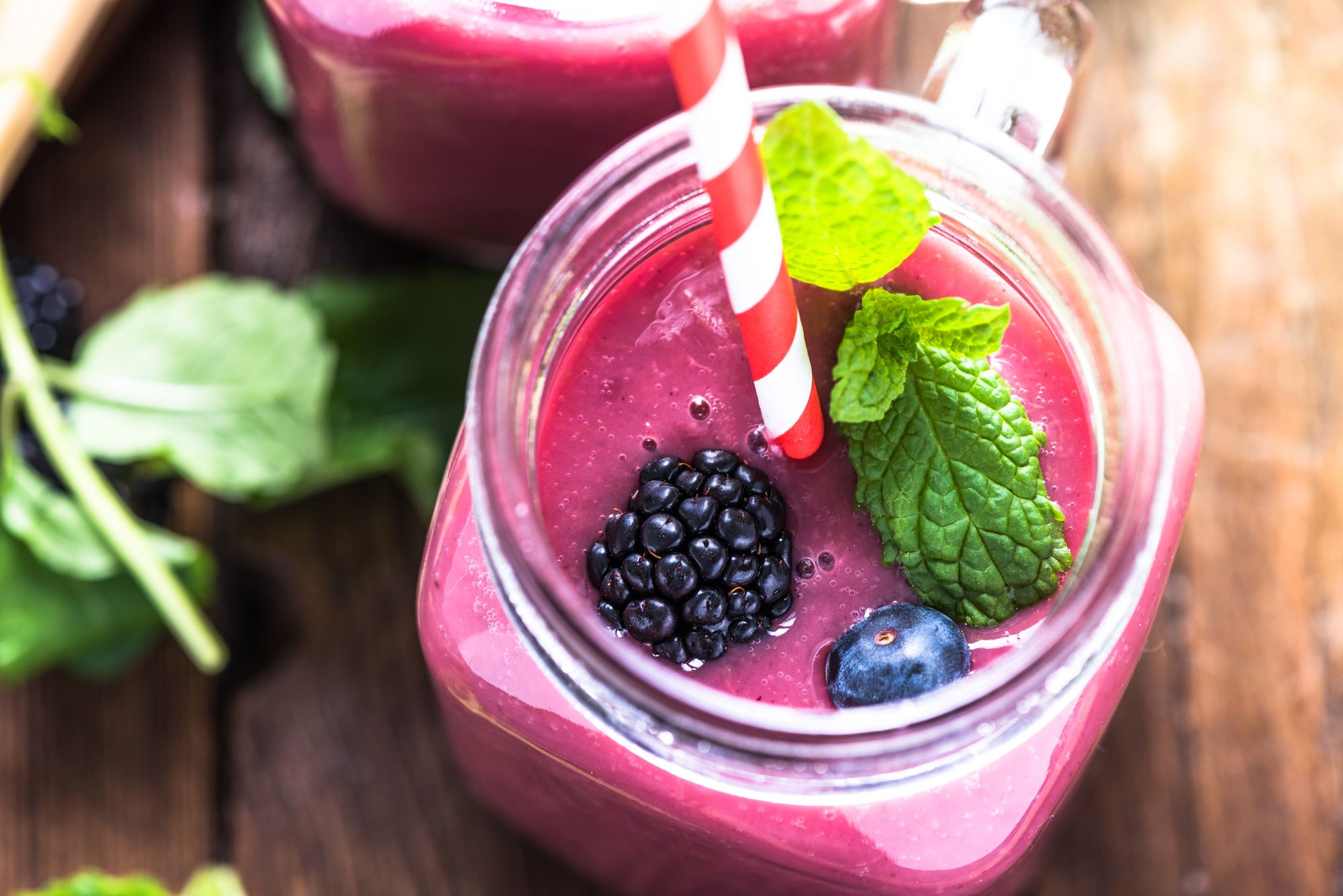
Nutrient-Booster: A Good Source of Fruit and Vegetables Smoothies are one of the easiest ways to increase your intake of vegetables and fruit. The healthiest smoothies are rich in veggies and other plant-based bioactive compounds, such as phytonutrients and antioxidants.
"The best way to enhance your smoothie is to add in a serving or more of veggies," explains Patricia Bannan, MS, RDN, author of From Burnout to Balance. "Most of the time, you won't even notice them. Adding frozen vegetables like cauliflower, cubed butternut squash, or carrots makes the smoothie creamier. Fresh leafy greens, like baby spinach and kale, can easily blend into just about any smoothie and is a great way for non-salad fans to get their greens," says Bannan.
Research has shown that consuming just one cup of nitrate-rich vegetables each day, such as spinach, leafy greens, and beets, can significantly reduce the risk of heart disease, and a smoothie is an easy way to incorporate them into your diet, notes Cynthia Sass, RD, CSSD, a plant-based sports and performance nutrition coach. Another way to enhance the nutritional benefits of your smoothie is to add in flavorful add-ins, according to Sass. She recommends healthful, antioxidant-rich flavor enhancers such as raw cocoa powder, ginger, turmeric, cinnamon, vanilla bean, or matcha.
Recovering After Exercise: The Role of Smoothies
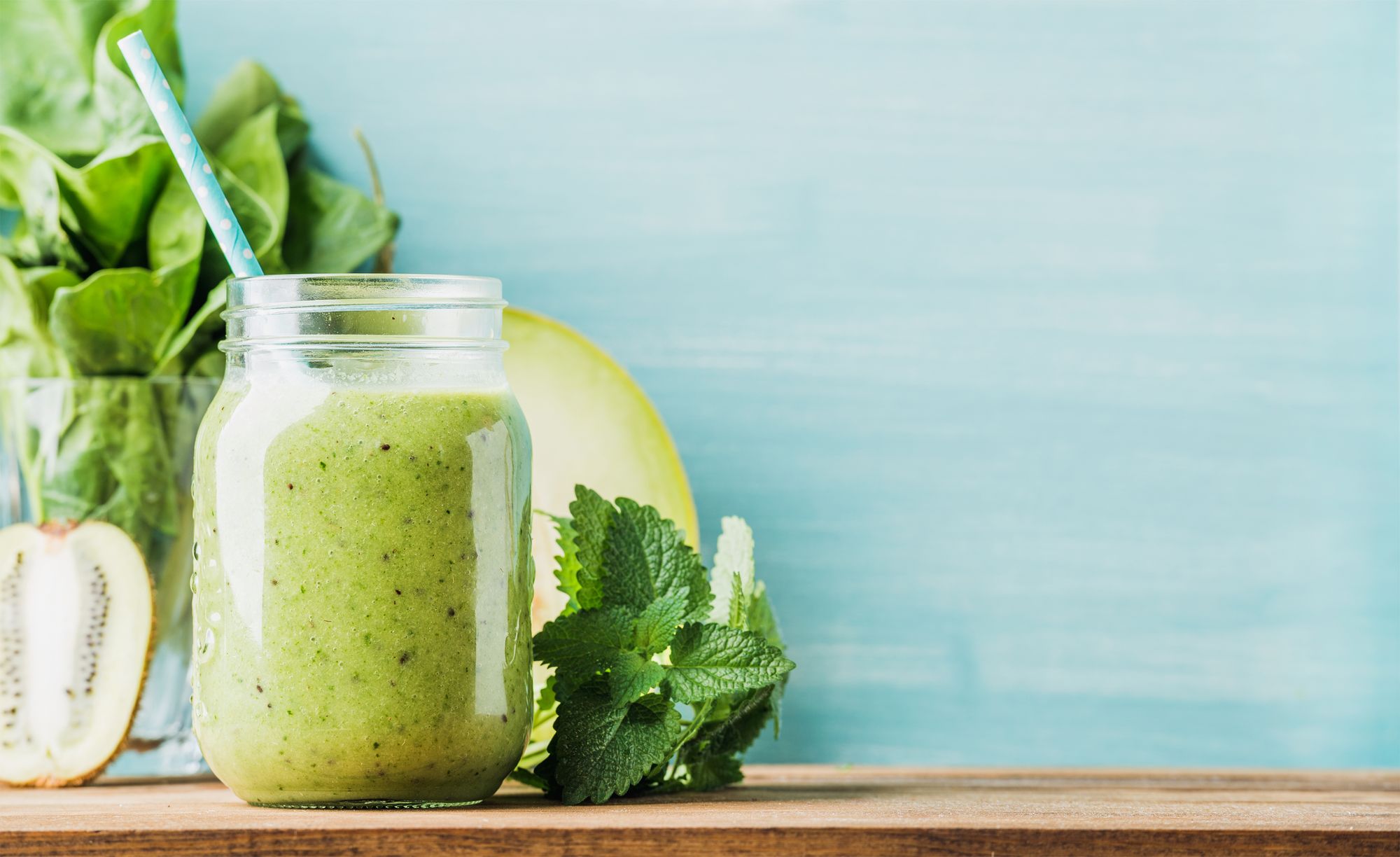
Aid Post-exercise smoothies should provide adequate hydration, calories, carbohydrates, and protein to help your body recover muscle mass and rehydrate. Here is the advice I provide athletes to help them create smoothies that provide the right ratios of macros to enhance recovery.
15-25 grams of protein 0.5 to 0.75 grams of carbohydrates per pound of body weight For example, a 150-pound athlete should strive to create a smoothie with 25 grams of protein and 75 to 112 grams of carbohydrates, which equals a 400-550 calorie smoothie. If weight loss is your goal, use the lower amount of carbohydrates without skimping on the protein.
Smoothies as Meal Replacements
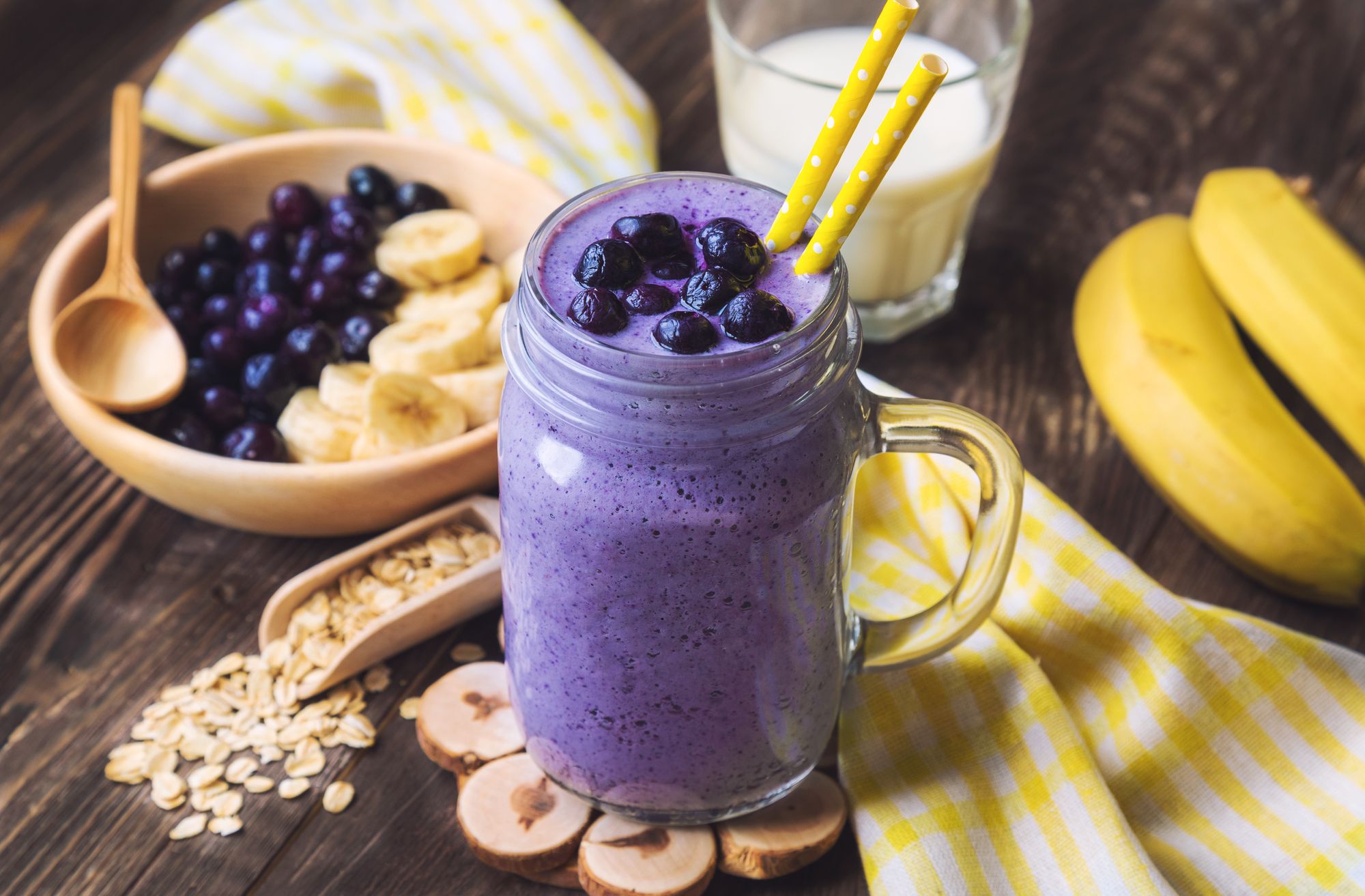
Many health-conscious eaters turn to smoothies for a healthy and convenient meal replacement that can be consumed while commuting or working through lunch. Smoothies designed to replace a meal should provide the nutrients you would get in a balanced meal, says Sass. Try to ensure you have at least a serving of veggies and fruit as part of your meal replacement.
Spinach is my go-to healthy green because of its mild flavor, but I'll use cauliflower, beets, sweet potato, pumpkin, and squash. For the healthiest fruit, I love frozen options, especially unsweetened cherries, berries, and mango. I like using frozen wild blueberries in my DIY smoothies because they're native to North America and have twice the antioxidant power and 72% more fiber than conventional blueberries. Research shows that these tiny purply berries help prevent chronic diseases like heart disease and When purchasing a store-bought smoothie, it's essential to be aware of the ingredients and nutrition facts to ensure that you're getting a healthy option. Some commercial smoothies may have added sugars, artificial flavors, and colors that can be detrimental to your health.
The Downside of Smoothies: The Cons
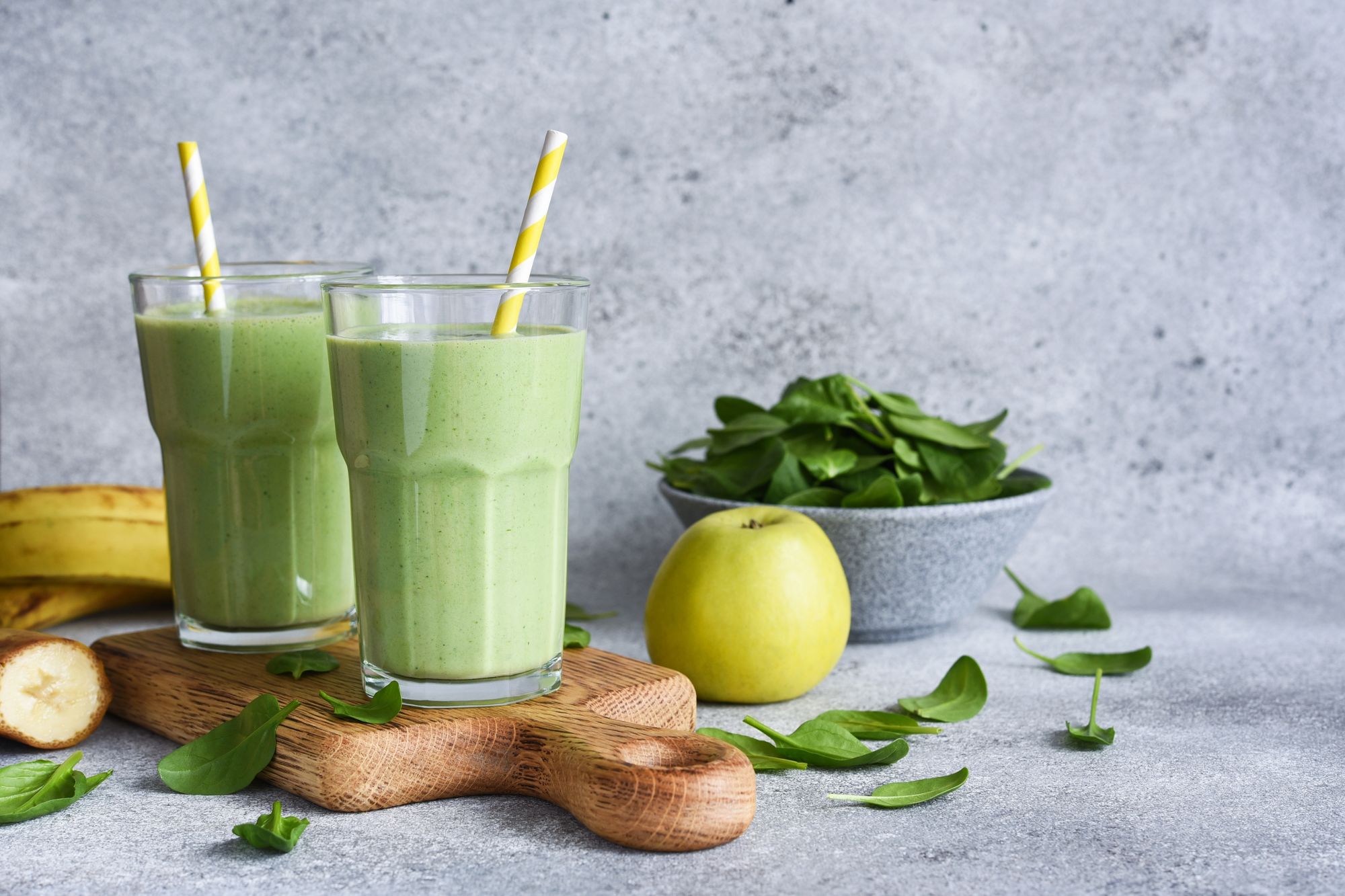
The Downside of High Sugar and Calorie Counts in Smoothies
According to experts, the calorie and carbohydrate content of smoothies is a major concern. Nutritionist Cynthia Sass warns that smoothies can easily contain too many calories and added sugars if they're not made carefully. Many smoothies are loaded with added sugars and lack fiber or protein to balance out blood sugar levels. Ingredients like flavored yogurt, honey, fruit juice, fruit juice concentrate, and sweetened frozen fruit can add as much sugar as a can of soda.
A bottle of Naked Juice, for example, contains 50 grams of carbohydrates, which is nearly 25% of your daily requirements. These low-fiber fruit-based ingredients include grape and apple juice from concentrate and fruit purees. However, it's unnecessary to add any sweetener to smoothies when you can use fruit or 100% fruit juice as a healthier, natural sweetener.
If you're using smoothies to aid in weight loss or tone up, it's essential to keep the calorie count in check. Experts recommend keeping smoothies under 300 calories. To do this, it's important to be aware of serving sizes and high-calorie add-ins. Some of the biggest calorie culprits include avocado, nuts and nut butter, sweetened protein powder, coconut milk, chocolate, cocoa powder, and full-fat milk and yogurt. Although these ingredients are nutritious, they should be used sparingly because of their high fat and calorie content.
The Importance of Fiber in Smoothies
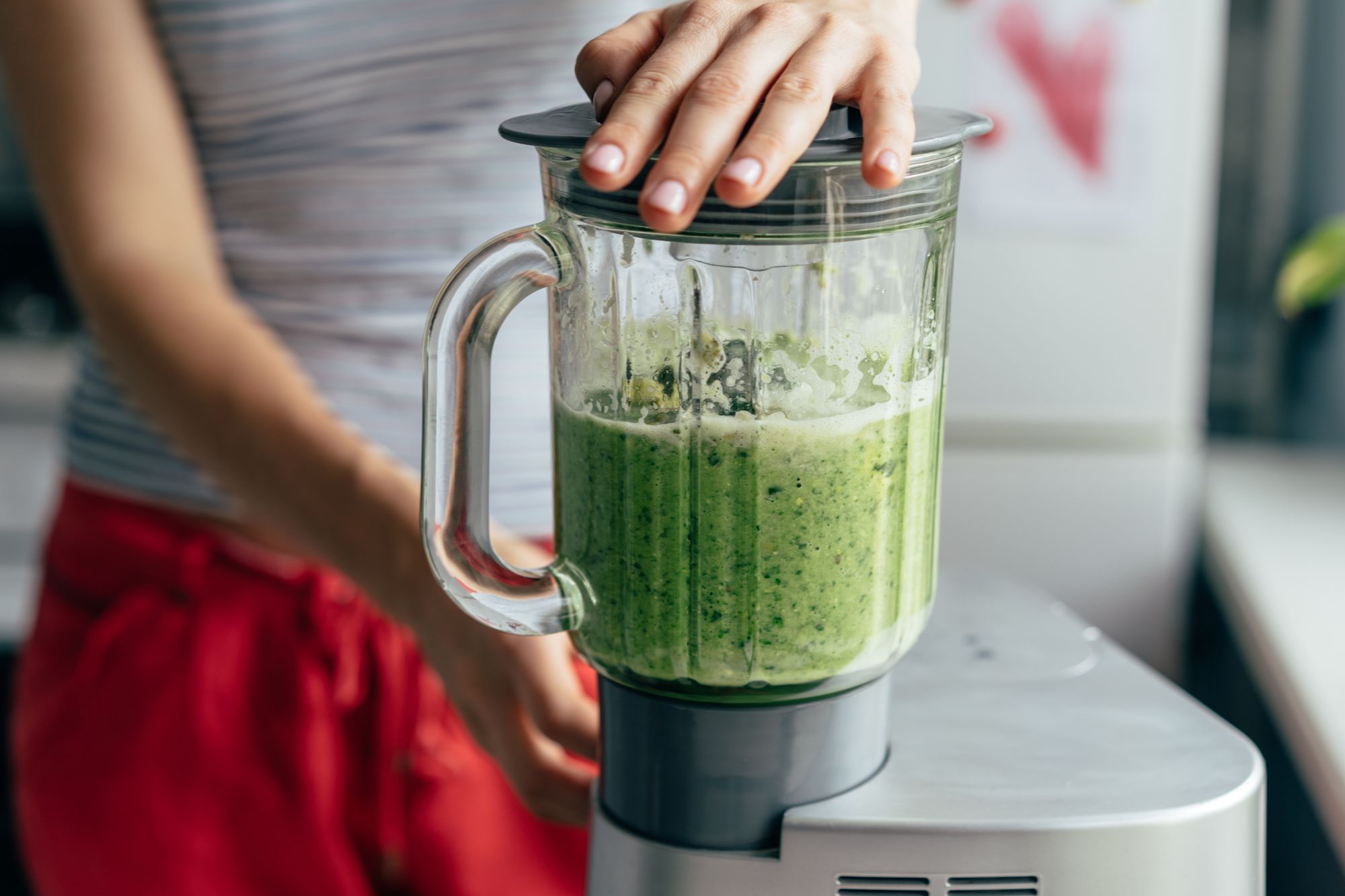
Fiber is an essential nutrient that helps keep you feeling full and satisfied for longer periods, stabilizes blood sugar levels, and supports digestive health. Unfortunately, many smoothies lack adequate fiber, which can lead to hunger pangs and cravings shortly after consumption. To make a fiber-rich smoothie, consider incorporating veggies such as spinach or kale, which are packed with fiber, vitamins, and minerals. You can also add ingredients like chia seeds, flax seeds, white beans, or tofu, which are excellent sources of plant-based fiber. When purchasing store-bought smoothies, read the nutrition label carefully and choose options that have at least 3 grams of fiber per serving to ensure you're getting a nutrient-dense and satisfying drink.
The Healthfulness of Smoothies: Separating Fact from Fiction
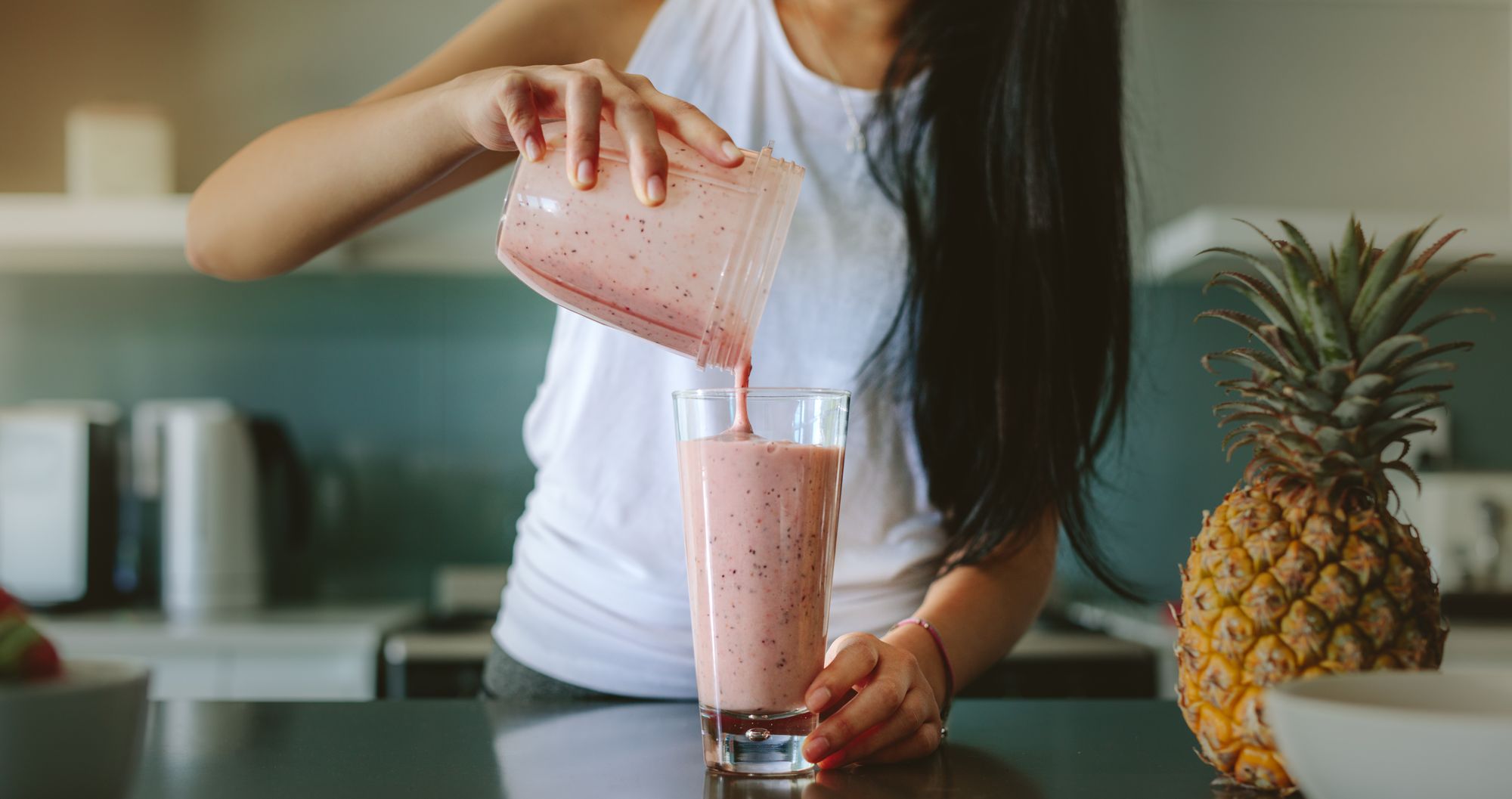
Smoothies are a popular way to get more fruits and vegetables into your diet. If you struggle to get the recommended 5-8 servings of produce each day, smoothies can be a convenient option to help you reach your goal. When making your own smoothies, you have the ability to include the healthiest ingredients and avoid added sweeteners. However, if you're in a hurry and need to purchase a prepared smoothie, it's important to review the nutrition facts panel to ensure it fits within your daily calorie limit, has real fruits and vegetables as main ingredients, and contains no added sugars. By being mindful of the ingredients in your smoothies, you can enjoy their health benefits without compromising your health goals.

